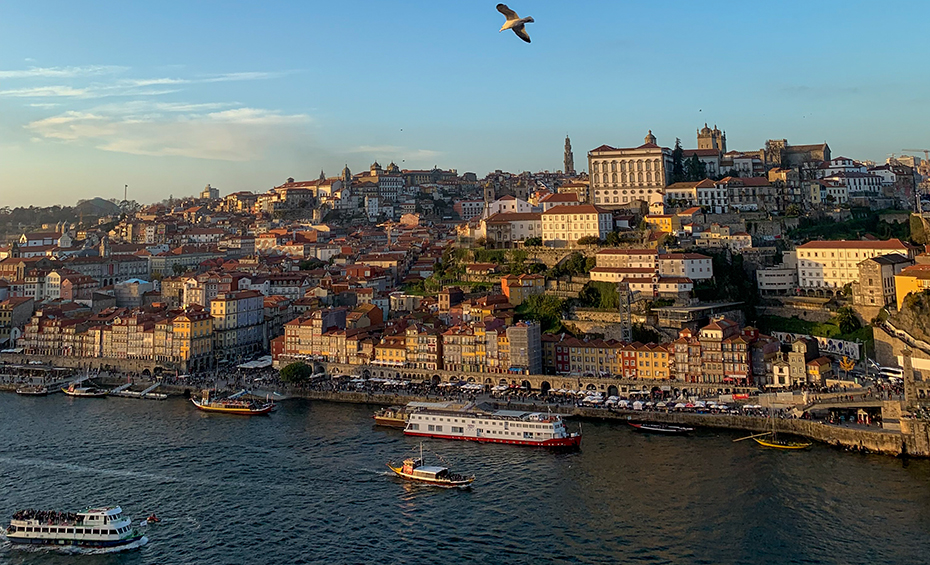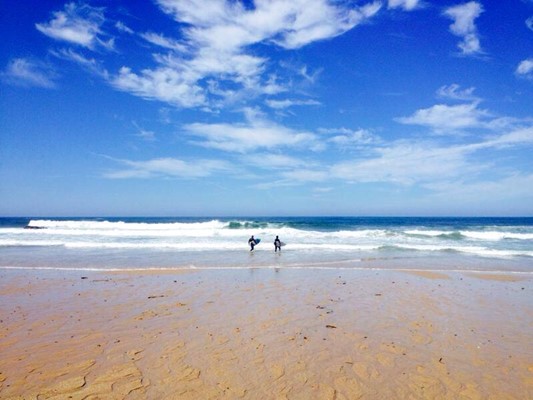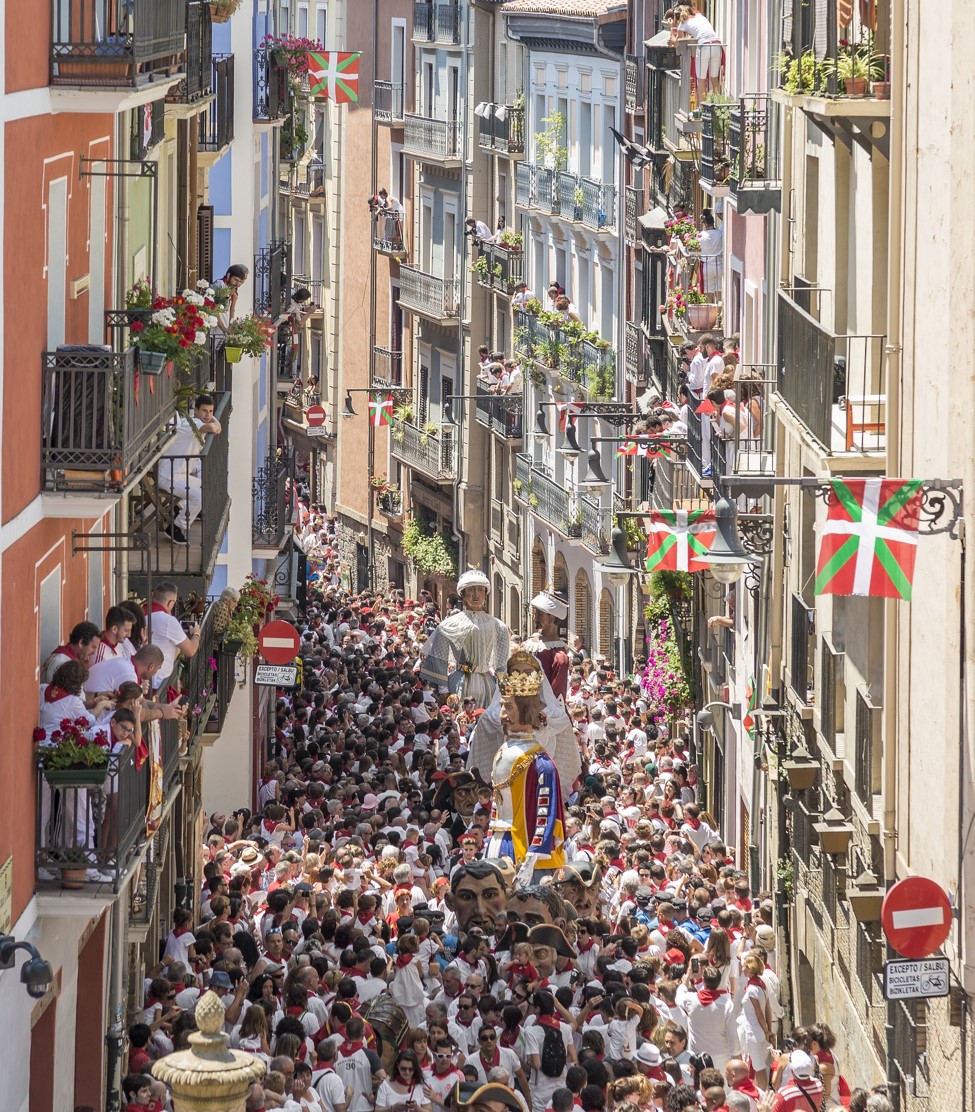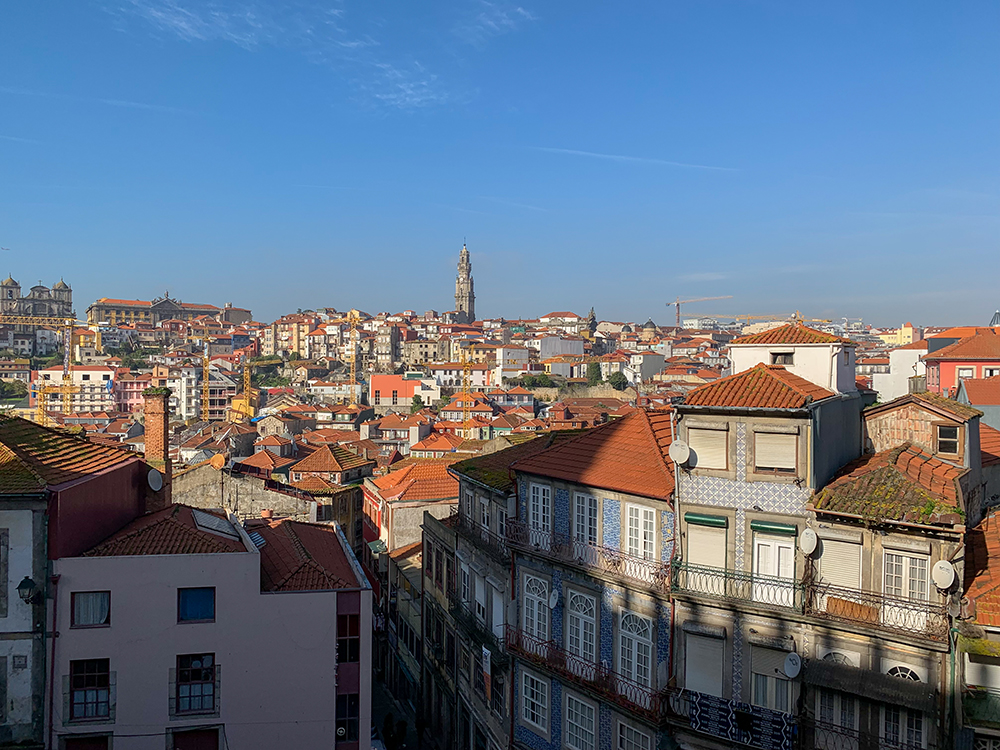POST
December 10 , 2017
Year-Round Paradise on the Iberian Peninsula
If you’re craving sunshine, any time of year you can find it on this sun-baked peninsula, where Portugal and Spain sit embracing each other between the dazzling Mediterranean highlighted by picturesque coastlines and the wild Atlantic with its dramatic western shores.

On the verge of a new year, we’re busy setting goals, making plans, and daydreaming about travel. Well to be perfectly honest, we’re always daydreaming about new destinations and where to find that ideal paradise – whether based on our overall mood for the year, in which season we want to travel or maybe who we’ll be traveling with.
Our globe has so many places to choose from, you’d need a lifetime or three to experience them all, and that’s something we’re certainly grateful for. But for this reverie, let’s focus on a special place called the Iberian Peninsula. It must be something about the recent wintry weather that especially brings to mind the sharp contrast of long days on sunny shores.

Here are several of our favorite reasons to escape to these neighboring countries.

The Weather
When you think of paradise, it generally conjures images of crisp sunshine and refreshing seas. Well it’s no different in Spain and Portugal, except the balmy season lasts an exceptionally long time on the southern coasts of Andalucia and the Algarve. Even sites further inland offer a pleasant visit and less crowds in the fall and winter months. And let’s not forget the islands – the quintessential Mediterranean environs of Mallorca and Ibiza, and the nearly unearthly beauty of the Azores, Portugal’s under-the-radar Eden in the Atlantic. Some would say the best time to visit Portugal is during the spring, when the wildflowers create a stunning carpet on the hillsides, scented by the fragrance of almond blossom. But lest you think the Iberian sun makes a summer trip out of the question, we’d like to remind you about the festivals held throughout July and August that give you a real glimpse into the culture of each city and town. It is now, when the temperature rises and the days get longer, that you might even find the locals throwing tomatoes at each other or running along with bulls.

The People
The weather may change slightly with the seasons, but the citizens of this golden peninsula, well we hope they continue to remain the same. Don’t be surprised if the people you meet on your travels through Spain and Portugal treat you like a friend as soon as you step into their social sphere – whether it’s at a local café, standing around the tapas bar, or if you’re invited to share a meal or an adventure with people you just met. It has happened to us many times over, and there’s nothing that makes travel sweeter, nothing that allows you to become attached to a place, and somehow by extension to feel a sense of goodwill and connectivity to our planet, as sharing a generous meal with people who were strangers only hours before.

The Food
Let’s talk about food. You must have heard about the cuisine in Iberia? There is even a special meat – Iberico ham – named after the pig that roams southwestern Spain. No longer celebrated primarily for those classic dishes such as paella, sangria, and tortilla Espanola, the Spanish cuisine of today is mix of specialty dishes showing off both local and Middle-Eastern influences, as well as a modern gastronomic food culture that can be found in cosmopolitan centers from Barcelona to Madrid to San Sebastian. Even if you are more familiar with Spanish fare, you can probably guess that the Portuguese table offers similar taste sensations. While Spaniards favor pork in all its forms, the national dish of Portugal would have to be bacalhau (cod), for which there are also plenty of methods of preparation – in fact they say you could eat the fish a different way every day of the year! Please be advised of a few things when eating in Iberia: the cheese belongs on the cheese tray, not in your main dish; you might have lunch at 3pm and dinner at 10pm; respect the sobremesa and expect to linger at the table long after your meal has finished; don’t toast with a glass of water (there are certain superstitions to avoid here), don’t ask for a “doggie bag”, and remember to say bom apetite or buen apetito!

The Culture
Another great thing about this entire region is that the territories are expansive enough to contain diverse regions that in some cases have their own cultural identity. Have you ever wondered who the Basque people are, or where exactly is Catalonia? These represent autonomous communities within Spain that have a proud and unique cultural tradition. On the Portugal side, you have the autonomous regions of Madeira and the Azores. With the diversity of rich traditions in these countries, as well as many obscure and undiscovered places, it’s definitely possible to find your own utopia here whenever you next feel the urge to jump into the inviting waters of paradise.